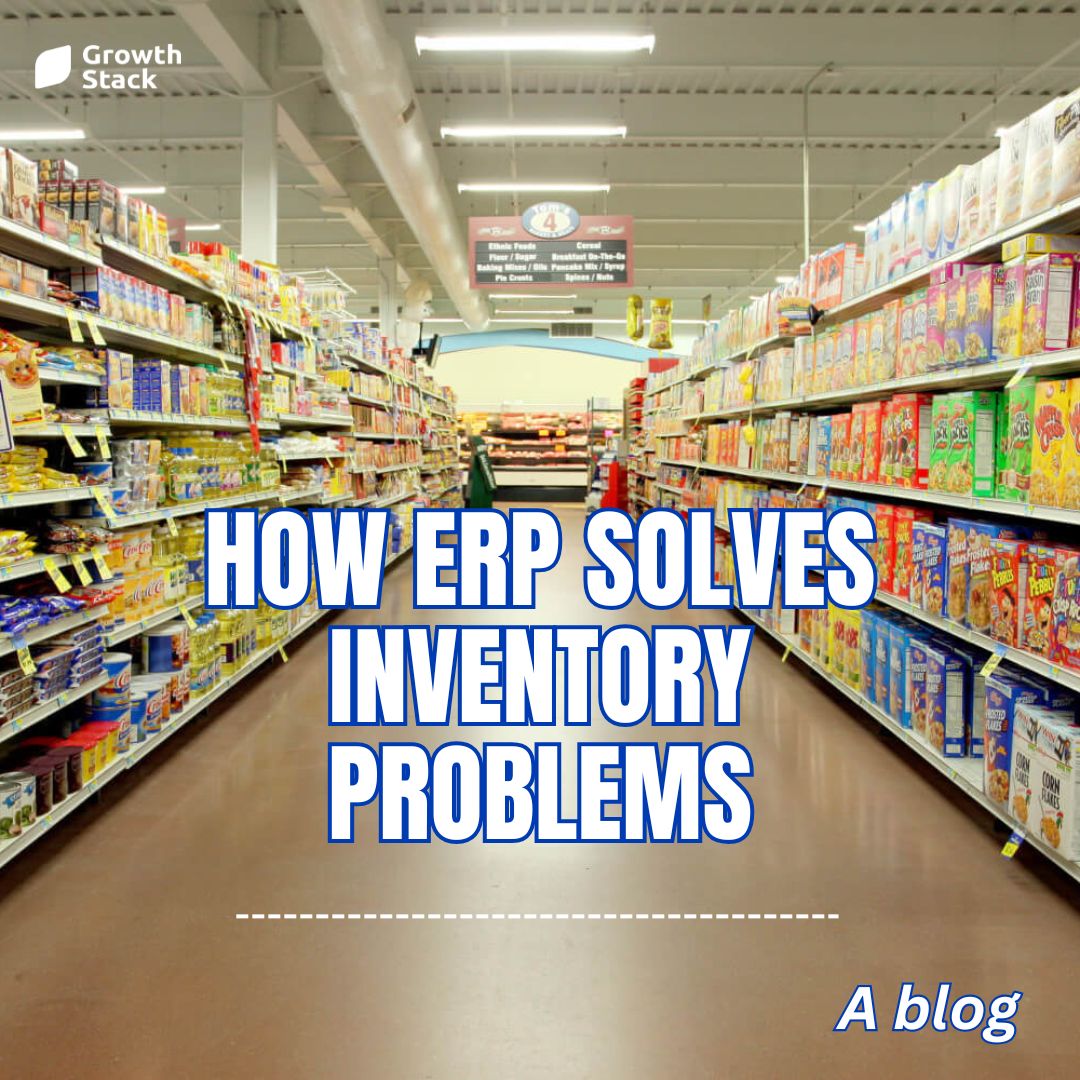Business process automation is very quickly becoming a highly strategic enabler of business control and agility and a very important tool. But why?
A lot has changed since the 1990’s. Today, the aim is to maximise automation rather than re-engineer it. Technological advancements and the success of cloud computing have accelerated the evolution of business processes from ‘re-engineering’ to ‘automation’.
But why? What are the real business benefits?
As demand increases for businesses to perform complex, labour-intensive tasks, the goal is to automate as many manual processes as possible.
We have distilled the many advantages of business process automation into key points.
Quality & Consistency
Delivering consistently high quality products and customer service results in happier, long-term customers.
- Quality: Automation ensures that every action is performed identically – resulting in high quality, reliable results
- Consistency: If, for example, you have automated your customer service follow-up process, your customers will consistently experience the same level of service from your business
This guarantee of quality and consistency coupled with time and efficiency savings means that you can start developing higher quality and more feature-filled products with little or no increase in production time and costs.
Time Savings
Manual tasks take time. They have to be performed linearly by humans who are prone to errors and who are unable to consistently perform to the highest standards.
Automation reduces the number of tasks you and your employees would otherwise need to do manually. This frees up your time to work on items that add genuine value to the business, allowing you to be more innovative and increasing your employees’ levels of motivation.
Automation also allows you to get more done in the same amount of time, greatly increasing productivity.
Metric Visibility
Sustained business success is dependant on developing and implementing a superior strategy. Retaining your competitive advantage requires that you constantly monitor, evaluate and modify that strategy – all of which are dependant on access to timely and accurate business data.
Automated processes are controlled by defined workflows which consistently operate accurately and within your defined timeline. Automation provides the trifecta of requirements for successful measurement.
Depending on which process you have opted to automate (financial, billing, collections, sales and/or support), key metrics can be recorded and reported on to provide you with the key information you need.
Improved Operational Efficiency
Efficiency by definition describes the extent to which time, effort and cost is effectively applied for the intended task or purpose.
Process automation reduces the time it takes to achieve a task, the effort required to undertake it and the cost of completing it successfully.
Automation not only ensures systems run smoothly and efficiently, but that errors are eliminated and that your best practices are constantly leveraged.
Governance & Reliability
The consistency of automated processes means you can rely on (a) your business processes to operate and (b) you can offer reliable processes to your customers, maintaining competitive advantage.
The reliability of workflow automation ensures that processes essential for corporate governance are executed 100% of the time in accordance with legislation.
Reduced Turnaround Times
Workflow automation allows companies to define and streamline their business processes. Eliminate unnecessary tasks and realign process steps to optimise the flow of information throughout your production, service, billing and collection departments.
This adjustment of processes distils your operational performance and reduces the turnaround times for both staff and external customers.
Reduced Costs
Manual tasks, given that they are performed one-at-a-time and at a slower rate than an automated task, will cost more. Automation allows you to accomplish more by utilising fewer resources.










